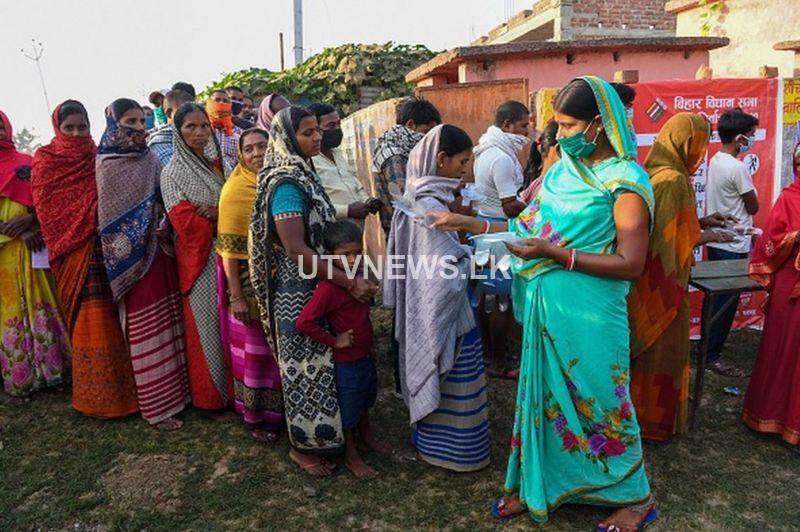India’s first major elections since the beginning of the pandemic promise to be closely fought – and another test of Prime Minister Narendra Modi’s popularity.
More than 70 million voters are eligible to cast their ballots for 243 assembly seats in the eastern state of Bihar. Polling began on Wednesday in the first of three phases and votes will be counted on 10 November.
During a year when more than 60 countries postponed voting, authorities in India went ahead with polls in Bihar, which has a population comparable to Japan.
Traditional forms of campaigning were suspended and virtual rallies were held initially. Polling stations and voting time have been increased to avoid congestion. But all this may well be too late: people and leaders alike have thrown caution to the wind in recent weeks and turned up enthusiastically – and unmasked – at huge public meetings.
Frustrated authorities have warned politicians against flouting Covid-19 safety rules without much success – there are concerns over a spike in infection in a state which has reported more than 200,000 Covid-19 cases so far.
One of India’s poorest states, Bihar is a key electoral battleground. Its 124 million people are divided sharply along caste lines. With some two dozen home-grown parties, including 11 new ones, in the fray this time, the state is a crucible of alliance politics. “The multiplicity of political parties makes things very complicated in Bihar,” Suhas Palshikar, a leading political scientist, told me.
Bihar is also the only big state in India’s sprawling and politically febrile “Hindi-speaking heartland” that the BJP has not won on its own. Narendra Modi’s BJP has been in power for more than a decade as a junior partner in alliance with a regional party, the Janata Dal (United) or JD-U, led by Nitish Kumar, a powerful regional leader whose star may be on the wane.

